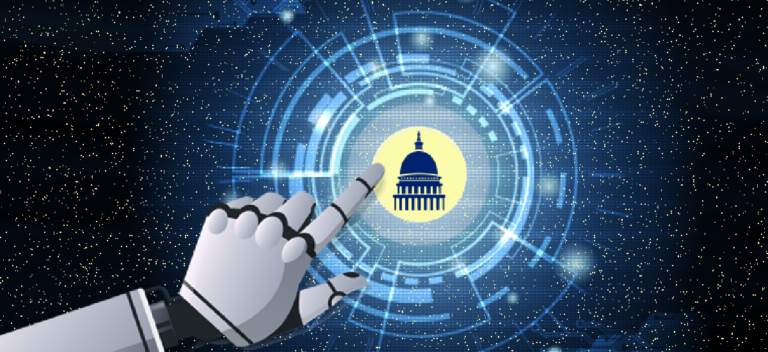
Twenty years after 9/11: Have our security concerns gone virtual?
Twenty years ago, our sense of security was shattered on 9/11 as the heinous acts of a few terrorists tore down the symbol of US economic power and took 2,977 lives along with it. The U.S., and the world, were taken off-guard by the by the ability of a few to exact such devastating consequences on so many. The U.S. launched both military and intelligence efforts to restore our sense of security. Twenty years later, where do we stand?
From a geo-political perspective, not where many would have hoped. But we also live in a dramatically different world where symbols of economic power might be better represented by Zoom, Microsoft Teams, or Bitcoin than the World Trade Center. So, as we think about security two decades later, it stands to reason the threats we need to consider have changed substantially. In this time, while the economy was already rapidly moving online with everything from eCommerce to entertainment to currency to meetings going virtual, COVID-19 accelerated that already rapid trend.
Today most of us carry in our pocket access to so such things as delivery of most consumer products in a day or two, the capability to buy/sell almost any investment/commodity, most of the popular music/tv/film in existence, the ability to attend today’s company meeting, access to our health records, ability to file court documents, not to mention up-to-the minute musings of celebrities, powerful CEOs and even Presidents. And that’s only what we see on the front end; behind the scenes is a staggering network of machines and software powering it all.
One term that encompasses all of this is attack surface. That is to say, the points that can be probed and potentially exploited for criminal and even terrorist purposes. The “vectors of attack” on this surface area become ever-harder to defend as they have expanded and there is an amazing array of possibilities for the nefarious to target. There can be devastating consequences at a personal level such as via identity theft or ransomware attacks that can even result in death. The business impact can be equally destructive such as the shutdown a major oil pipeline or malware that exploited software intended to manage IT infrastructure. There can be national security implications such as with the hacking of emails from the Democratic party and hacking lists of US military and government employees for ISIS. In fact, with cyber-crime becoming so prevalent, the threat of it can be used for fraudulent purposes even when no such crime actually occurred such as false accusations that voting machines were hacked to undermine confidence in election results. The attacks we face today are a scourge in their own right, but there is worry that even greater risks lie ahead such as attacks that could provide access to rapidly advancing bio-technology technology for use in bioterrorism.
Clearly our vulnerabilities have changed in the past two decades. What is being done about it? For one, the establishment of the Cybersecurity and Infrastructure Security Agency (CISA) and Office of the National Cyber Director. Both of which were recently appointed their first permanent directors– Chris Inglis as National Cyber Director and Jen Easterly to lead the CISA. The details of how these new offices will coordinate in still being developed, but Ingles explains his role, while not carrying much in the way of formal powers, will be used to develop coherence amongst the many different agencies and entities involved in implementing cyber-security and to help formulate positions on new regulations or legislation that may be required.
As we, at Extract Systems, work diligently alongside our customers to ensure our infrastructure and data is protected from such threats, we welcome such new initiatives at the national level that can help guide all of us to a more secure future.


